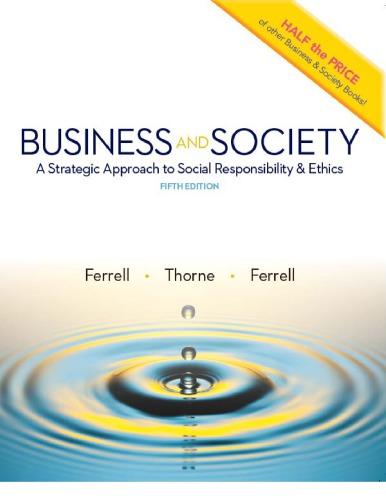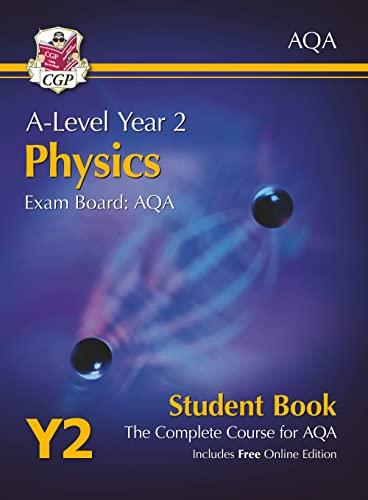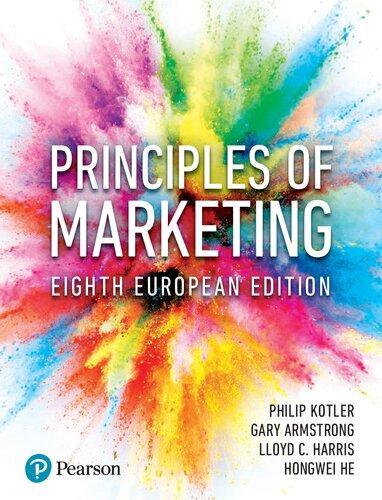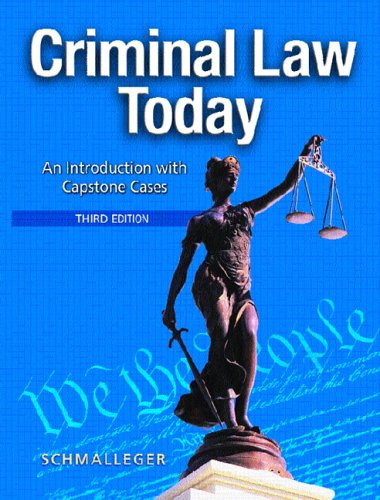Go back

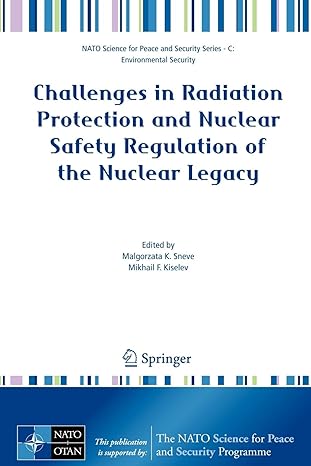
Challenges In Radiation Protection And Nuclear Safety Regulation Of The Nuclear Legacy(1st Edition)
Authors:
Malgorzata K. Sneve ,Mikhail F. Kiselev

Cover Type:Hardcover
Condition:Used
In Stock
Shipment time
Expected shipping within 2 DaysPopular items with books
Access to 30 Million+ solutions
Free ✝
Ask 50 Questions from expert
AI-Powered Answers
✝ 7 days-trial
Total Price:
$0
List Price: $176.76
Savings: $176.76(100%)
Solution Manual Includes
Access to 30 Million+ solutions
Ask 50 Questions from expert
AI-Powered Answers
24/7 Tutor Help
Detailed solutions for Challenges In Radiation Protection And Nuclear Safety Regulation Of The Nuclear Legacy
Price:
$9.99
/month
Book details
ISBN: 1402086334, 978-1402086335
Book publisher: Springer
Get your hands on the best-selling book Challenges In Radiation Protection And Nuclear Safety Regulation Of The Nuclear Legacy 1st Edition for free. Feed your curiosity and let your imagination soar with the best stories coming out to you without hefty price tags. Browse SolutionInn to discover a treasure trove of fiction and non-fiction books where every page leads the reader to an undiscovered world. Start your literary adventure right away and also enjoy free shipping of these complimentary books to your door.
Book Summary: A NATO workshop was held in September 2007 under the Security through Science framework to consider the current challenges in regulation of the nuclear legacy. The overall objective was to share East-West competence and experience in radiation protection and nuclear safety supervision of installations built during the cold war, particularly in relation to regulatory strategies for safe decommissioning of unique or unusual nuclear facilities and remediation activities.There were over 60 participants from 8 countries as well as representatives from the International Commission on Radiological Protection, the International Atomic Energy Agency and NATO. The organisations involved included regulatory authorities, operators and technical support organizations.The new Russian Federation Unified State Programme for Handling Spent Fuel and Radioactive Waste was introduced and the steps necessary to set this up as a comprehensive programme of activities were described. Some waste management sites are in a poor state. Legacy management experience was provided from the UK, France and the USA. Information was provided on methods for site characterisation and separation of wastes into exempt, low-level and intermediate level waste, and the complication of dealing at the same time with chemical hazards, such as beryllium. Strategies for contaminated site management were also explained and the associated risk assessment methods outlined.The Russian Federation has responsibility to manage its own nuclear legacy. But it is also one of several countries in the global network of nuclear activities. Harmonisation of approaches is valuable in building future cooperation, but local conditions may influence the best local solution. Accordingly, future exchanges, such as those provided for by this workshop, should be encouraged.There are many complex issues to be addressed and they cannot all be solved at once. Clear recognition of the major threats, as well as weakness in regulatory processes, can be useful in directing future resources. However, at this stage it is clear that there are specific regulatory issues to address as well as a need to maintain development of an enhanced overall safety culture.Such guidance needs to be thoroughly based on the best use of scientific and technical information. At the same time, part of the solution relates to policy issues and value judgements, and so broader interaction among regulators, operators and other stakeholders is to be encouraged.
Customers also bought these books
Frequently Bought Together
Top Reviews for Books
Nancy Goodloe
( 5 )
"Delivery was considerably fast, and the book I received was in a good condition."




